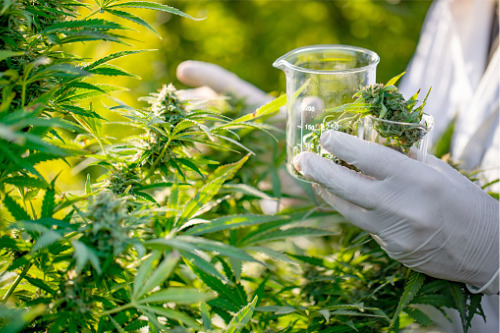

Connecticut recently became the 19th state to legalize cannabis for recreational use after Gov. Ned Lamont signed legislation into law.
On July 01, it became legal for adults 21 and older in Connecticut to possess up to 1.5 ounces of marijuana. However, it will likely be at least a year before the cannabis industry is up and running in the state, according to a report by NBC Connecticut.
As of July 1, it is legal for adults in the state to possess or consume up to 1.5 ounces of marijuana and keep up to five ounces in a locked container in their home or in the trunk or locked glove compartment of their vehicle.
The state’s Department of Consumer Protection is working on new state regulations and licensing applications needed for the legal marijuana industry, according to NBC Connecticut. Commissioner Michelle H. Seagull said that she expects several dozen people to be hired for investigation and compliance work, licensing and communications.
The state legalized the medical marijuana industry in 2012. Currently, there are more than 54,000 registered patients, 18 dispensaries, four producers and 1,451 registered physicians taking part in that industry, according to NBC Connecticut. Seagull said her agency plans to use much of what has been learned from building the medical program to create the framework for the recreational system. That includes creating packaging protocols and labeling to prevent cannabis from being mistaken as something else, as well as lab testing and other safety measures.
“Whether you’re using it as medical or adult use, you should know what’s in your product and those labels should be there,” Seagull told NBC Connecticut. “They should be manufactured using appropriate manufacturing standards.”
There will be different methods to apply to participate in the recreational cannabis market in the state, according to NBC Connecticut. For instance, existing businesses will be able to apply to convert and start offering cannabis products to the adult market.
Seagull said that it is expected that half of the licenses will be made available to social equity applicants, including residents of communities that have been “disproportionately impacted” by drug-related crimes and high unemployment rates. The state has created a new, 15-member Social Equity Council, which will be charged with ensuring that those individuals benefit from the system and creating recommendations for what’s expected of equity applicants, NBC Connecticut reported.
Seagull said that applications should become available in the coming months.
